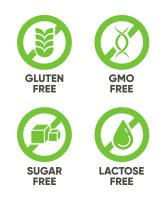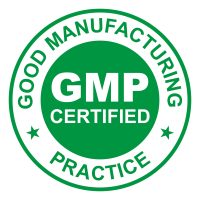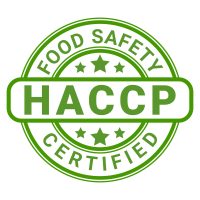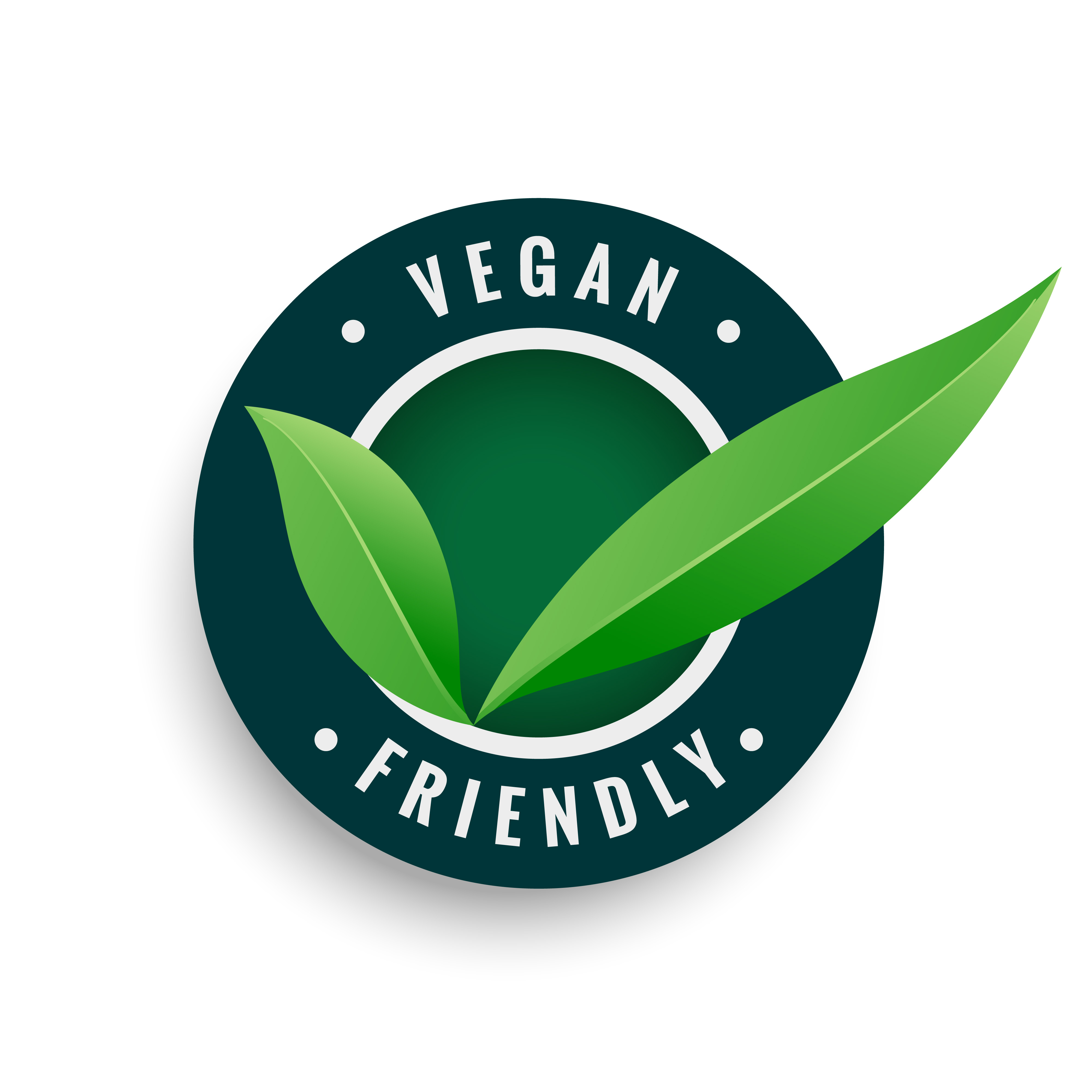
Coenzyme Q10 (or just Q10) is a vitamin-like substance. It is also called ubiquinone (ubi is Latin and means ”everywhere”). When a cell needs energy, fat, carbohydrates, protein and alcohol are converted into ATP (adenosine triphosphate), a molecule that stores energy in chemical form. When a cell needs energy, the ATP molecule is split and energy is released. The entire process takes place inside the cells in small bean-shaped structures called mitochondria. Coenzyme Q10 is found in all mitochondria. Muscle cells are particularly dependent on large amounts of energy, which is the reason why muscle cells contain significantly more mitochondria than other cell types.
The heart muscle is a good example of a body tissue with cells that contain a large number of mitochondria and that have a correspondingly large energy requirement.
Q10 Plus consists of soft capsules with 100 mg Q10 in the form of active ubiquinone dissolved in vegetable oil. The capsules contain riboflavin (vitamin B2), which helps to reduce fatigue and exhaustion and contributes to normal energy metabolism.
Added riboflavin (vitamin B2) which contributes to a normal energy-giving metabolism and to reducing fatigue and exhaustion
Since the body itself produces Q10 and since there is Q10 in almost all diets, it is basically impossible to categorize supplements with Q10 as doping. Q10 functions as a coenzyme (supporting enzyme) in the cells and thus also in the muscles’ energy-producing mitochondria. We can produce some Q10 in the liver and we get smaller amounts of Q10 from the diet.
Many athletes take Q10 supplements to counteract falling levels of Q10 and Q10 supplements are not classified as doping.

The recommended dose should not be exceeded. Dietary supplements should not be used as an alternative to a varied diet. Keep out of the reach of small children. Use it with care and speak with a doctor before taking it.
The recommended dose should not be exceeded. Dietary supplements should not be used as an alternative to a varied diet. Keep out of the reach of small children.
We get Q10 from several different foods. Some of the best sources of Q10 in foods are:
In addition, we humans can synthesize Q10 in the body.
Cereal products usually contain coenzyme Q9 while soybeans contain some Q10. There is some content of Q10 in walnuts, almonds, fruits and vegetables that contain fat, especially spinach. In addition, fish contain Q10, especially sardines which contain twice as much Q10 as beef. But you would have to eat half a kilo of sardines, almost a kilo of beef, or just over 11 kilos of peanuts to get 30 mg of Q10. There is normally somewhere between 5-10 mg of Q10 in the food we eat daily. Most individuals probably get about 5 mg of Q10 from their diet each day.
Our need for Q10 is individual. Healthy young people usually do not need to take Q10 supplements. Healthy adults should take about 30-60 mg daily. Elderly people should take 100-200 mg daily. People in therapeutic need get up to 300 mg daily – sometimes even more than that
This process, which takes place in the liver, slows down as we age and as a result of disease. According to experts, the body’s levels of Q10 reach their peak when we are 19-21 years old, after this age the levels drop.
Science has not been able to quantify exactly how much Q10 we get through the diet, but it is estimated to be somewhere around 5-20 mg daily. The body has a Q10 reserve that amounts to about 1-1.5 grams. The highest levels are found in the heart, liver and kidneys.



